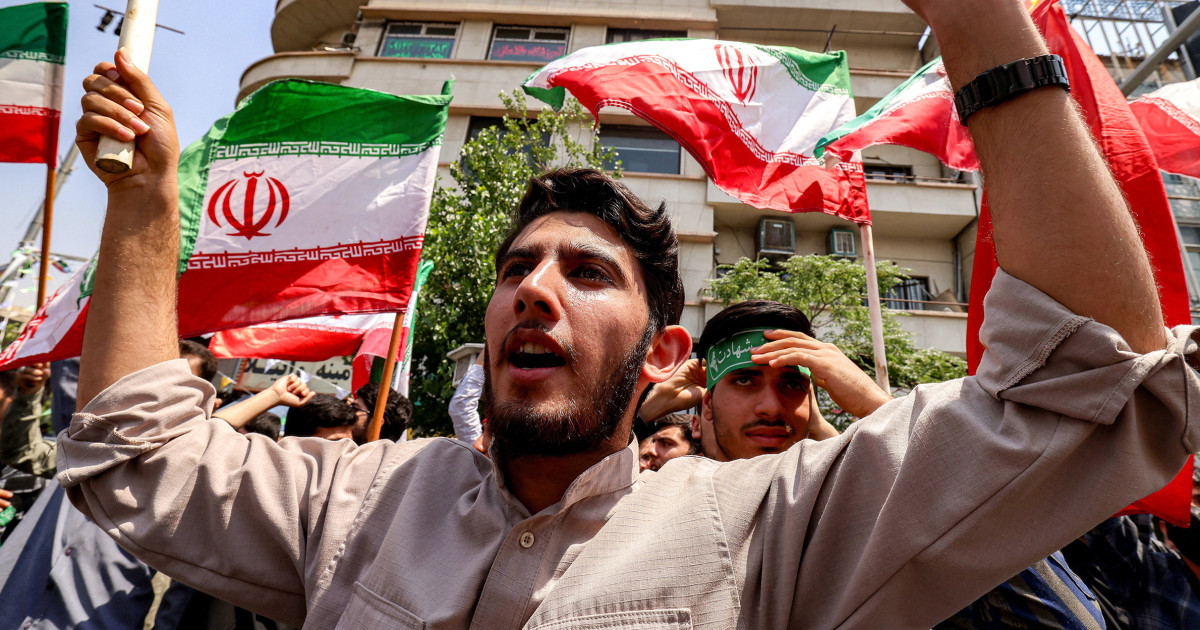
There are American bases in Iraq, the United Arab Emirates, Qatar and Bahrain.
Trump has not shied away from the U.S.’s close ties to Israel’s military.
The “United States makes the best and most lethal military equipment anywhere in the World, BY FAR, and that Israel has a lot of it, with much more to come,” he posted on Truth Social on Friday.
Even before Israel’s strike, President Donald Trump announced some personnel were being moved out of the region because “it could be a dangerous place.”
Afterward, the U.S. Embassy in Baghdad reminded Americans across the Middle East of the “need for caution” and to “know the location of the nearest shelter in the event of hostilities.”
The U.S. has made a clear attempt to distance itself from the attacks, saying Israel acted alone and insisting it will still attend Sunday’s talks with Iran in Oman aimed at limiting its ability to build a nuclear bomb, something Tehran denies pursuing.
Even so, Trump did not shy away from the incident in a post on Truth Social, lamenting the lack of progress in these talks.
“Iranian hardliners spoke bravely,” he wrote. “They are all DEAD now, and it will only get worse!”
Iran did sign a landmark nuclear agreement with the U.S. and others in 2015, which many Western analysts said successfully hindered Iran’s progress toward a bomb. That was, until Trump tore up what he termed “one-sided deal” in 2018 and Iran began to increase its enrichment again.
Despite saying Thursday that the latest round of nuclear talks was “fairly close to a pretty good agreement,” Trump warned that the lack of progress could result in a “massive conflict.”
Secretary of State Marco Rubio, meanwhile, said the U.S. was not involved in strikes.
Iran said it does not buy Washington’s assurances, and that the attack was impossible without Washington’s “coordination and approval,” Foreign Minister Abbas Araghchi said.
That view is shared by Vali R. Nasr, a professor of Middle East studies and international affairs at the Johns Hopkins University School of Advanced International Studies, in Washington.
“It is difficult to believe that Israel would and could have attacked at this scale without U.S. knowledge and green light,” Nasr, a former senior adviser to Washington’s special representative to Afghanistan and Pakistan, posted on X.